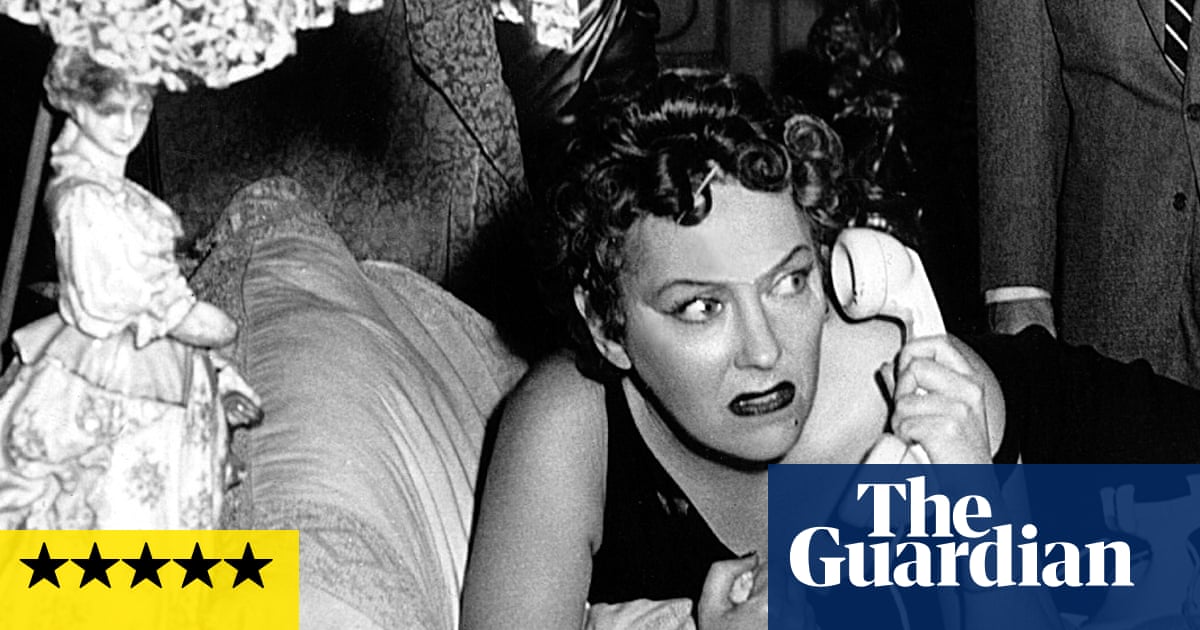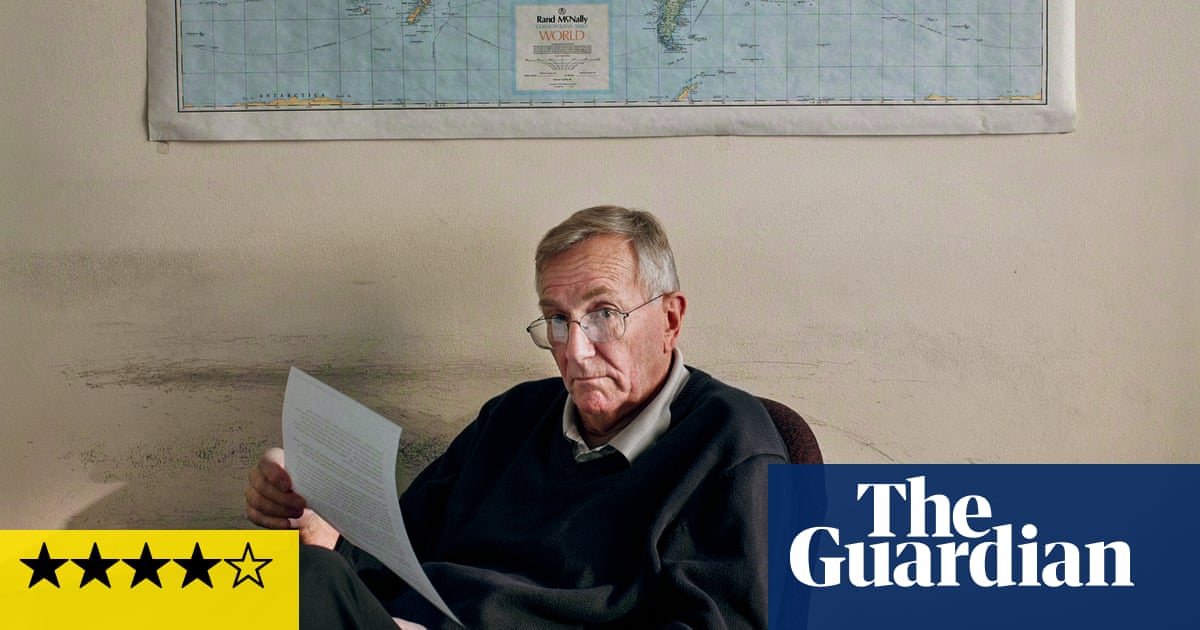My brother and sister-in-law have a new baby a few months old. My sister-in-law won’t let anyone hold the baby, although the grandparents on both sides of the family were allowed one-off holds. At family events, as soon as the baby makes the slightest cry, her mum whips her away to a room as far from everyone else as possible. Usually they leave shortly after that.
No one says anything to her, to avoid confrontation and the “new mum” factor, but
Eleanor says: There could be so many different reasons she’s made this choice. It could be about illness. A lot of parents limit visitors or cuddles in the first few months; it just takes one relative forgetting they have a cold or a cold sore. It could be about overstimulation. Maybe she doesn’t want to deal with the possible aftermath of the baby getting overwhelmed by multiple faces, noises, smells. It could be anxiety; maybe all-day-long parenting, books and her postpartum imagination remind her of everything that could go wrong. There could be medical things we don’t know, emotional things we don’t know. It could just be her preference. This decision could be completely neurotic, or completely rational.
The only thing we know for sure is that this is the decision she (and your brother) have made.
You might think “I wish she wouldn’t do this when it costs the rest of us something so lovely.” She might think “I wish people wouldn’t expect me to do what’s lovely for them when that means making myself or my child less comfortable.”
Which of you should have to accommodate the other? Natural answer: it should be about what’s best for the baby.
You write that there might be issues for the child later if nothing changes. Maybe. Maybe not. I don’t know. Maybe she’ll give the child a complex by holding on way too tight. Or maybe a relative with the flu will give the baby a kiss. Maybe she has too much of an anxious grip on the baby and she’ll be a better parent if she loosens it. Or maybe she’s trying to teach herself and her child that you don’t have to do what your family wants. I genuinely do not know who’s right, because we don’t know the full reasoning.
But how we interact with a parent’s decision is not just a matter of who’s right. There are all kinds of ways things might be better for a child if their parents did things differently. Less screen time, less indulgence, see this side of the family more, teach them like this instead. A lot of us see parenting we think will cause issues, and some of the time we’re wrong. All of the time, it’s not our kid.
She might be wrong about what’s best for the baby. But parents are allowed to get things wrong. They’re especially allowed to get things wrong out of caution.
If she does become an anxious parent in ways you think are extreme, it’s still worth keeping in mind the distinction between emotional truths it would be good for someone to know and emotional truths we should be the ones to point out. There will be doctors and daycares in this child’s life who can help offset any problems. What might she and her child need that they can only get from your side of the family?
What I’m really hearing is you feel hurt to be so left out and treated like a threat. Maybe your relationship with her is the thing to try to change, not who gets to hold the baby. What’s happening between you to make you want more involvement than she’s prepared to grant? If your answer is “she’s too anxious”, she’s probably sensed you think that. Anxiety doesn’t respond very well to being told it’s mistaken; it responds to feeling safe. Building a closer relationship might be as simple as trying to find out what she wants most at this moment and trying to give her that, rather than helping in ways you think are right.

.png) 1 month ago
50
1 month ago
50

















































